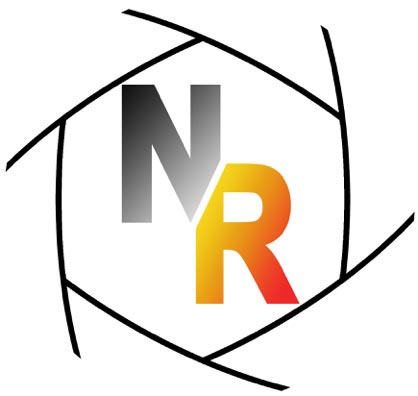Press and Gallery
Thanks to Jason Landry, who owns the gallery that represents my work (Panopticon Gallery in Boston) I had an interview with Greg Cook last month, who writes for WBUR.org. If you're not local, you may not know that WBUR is one of two NPR stations we have in Boston and it has a huge following. His piece is here: Neal Rantoul.
An artist's relationship with his/her gallery is a really important part of how all this works. A gallery should be a strong advocate for its artists. Working on the theory that "you never know what will happen" the gallery should be active and inventive in marketing its stable of artists. Jason, for instance, has set up many day trips with me, scheduling interviews with curators, other photographers and the press. He does this with others of his artists as well. Of course, if we sell some of my work for a permanent collection or to an individual, Jason gets his cut, as he should. I wouldn't be meeting with these people if it weren't for him.
There is another side to this that doesn't get enough exposure and that is that the artist needs to be respectful of his/her relationship to the gallery. I mean by this that the artist should work to include the gallery in anything that exists outside of showing on the gallery's walls. Selling ones work behind the back of the gallery that represents him/her isn't good business practice and leads to poor relations with the gallery. It is also a good idea to keep the gallery informed about new work or interest in your work from other sources.
What I have had in my relationship with Jason for the past several years is something I respect and seek to protect as he has been honest with me and I have worked to keep him informed about all of my activities as an artist. I am thankful for his support and efforts on my behalf.
Different galleries have different practices, of course. Some are more distant and carry many artists. And many artists have many galleries, sometimes covering a region so that they have representation in different parts of the country, or abroad. I have had this in the past but do not now, not because I have decided not to but because I don't have galleries waiting at my door wanting me to sign up. So it goes.
Having just finished a show at Panopticon Gallery there is a let down or a feeling of "Remind me again why I am doing this?" All shows, in my experience, are anticlimactic. There is a tremendous amount of work to get a show, to make the work for the show, to frame or have framed the work for the show, to package the show for transportation, to make lists of prices and titles, to be present at the opening, to be available to speak to the press, to conduct interviews, to provide the press the necessary jpegs, to give gallery talks or meet with prospective buyers and so on. Add to that list additional things like making a poster, a catalog, a card and then mailing and distributing those materials regionally and nationally and you have a recipe for severe let down, if not "artist depression". What's that? Go here to a previous blog post for a description of what could lead someone into some doubt about why he or she does what they do as an artist.
One of my favorite people while on the residency in Georgia last month was Mathew Rosenblum. Mat is a Guggenheim-winning composer who is close to my age, a New Yorker and a very hard working and straight thinking person whom I admire. After going out for breakfast one day in Georgia the day he was leaving, he said, "What we do is hard". Simple enough, but no less true. I don't want you to think I am brushing against martyrdom here but being an artist, or a composer, for most is a singular endeavor and entails trade offs. Many people just see the results, the end product, of course, but the path to getting there can be difficult, time consuming and lonely.
